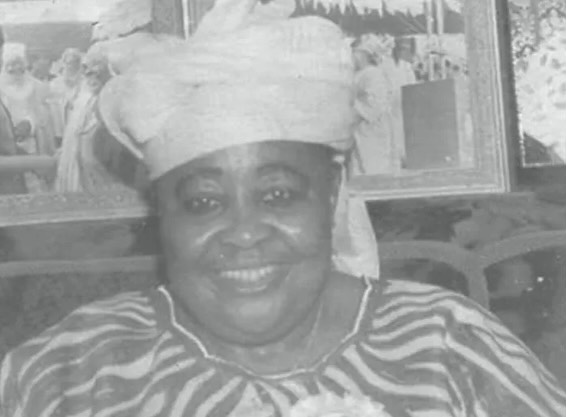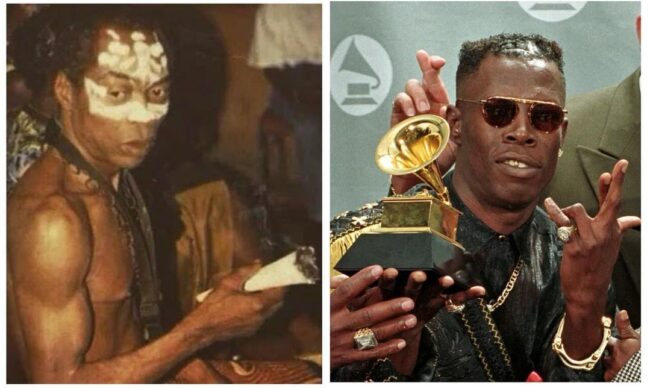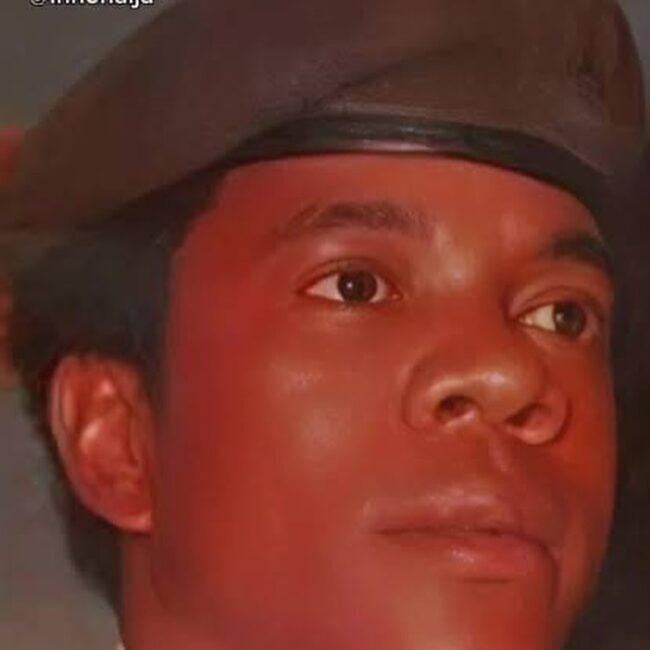Fierce political activist Hajiya Gambo Sawaba faced 16 jail terms, public whippings, and having her hair cut with a broken bottle. Married at 13, she served her first jail sentence at age 20, and by 17, she was a politician. Years later, she flew to Abeokuta to visit her mentor Funmilayo Ransome-Kuti, who had been teaching her under Margret Ekpo. Hajia Gambo Sawaba was a Nigerian politician, philanthropist, and advocate for women’s rights. She was born on February 15, 1933, and passed away in October 2001. She was elected head of the Northern Element Progressive Union’s national women’s wing and held the position of deputy chairperson of the Great Nigeria People’s Party (GNPP) (NEPU). She received mentorship from Funmilayo Ransome.-Kuti. Hajia Sawaba was born to Ghanaian immigrant Isa Amartey Amarteifio (also known as Theophilus Wilcox) and Nupe woman Fatima Amarteifio of Lavun Local Government, Niger State. Amarteifo, a 1910 immigrant to Nigeria who had graduated from the Ghana School of Survey, applied to work for the Nigerian Railway Corporation. Blacksmith and warrior was the great-grandfather of Fatima’s mother. Mamman Dazu, his son, was the maternal grandfather of Gambo. It is reported that Mamman Dazu was a well regarded warrior and advisor. After relocating to Zaria, Isa Amartey Amarteifio became an Islamic convert. After getting to know Fatima, he married her a few years later. Fatima, a widow, and her late husband, Muhammadu Alao, had three children together already. Sawaba was the fifth of their six children from their marriage. Her name was Hajaratu. The name Hajaratu Gambo comes from the Hausa naming custom that any kid born after the birth of twins was called Gambo. She received her education at Tudun Wada’s Native Authority Primary School. But after her mother passed away three years later and her father died in 1943, she was forced to quit going to school. At the age of thirteen, she was married off to Abubakar Garba Bello, a World War II veteran, who departed after her first pregnancy and never came back. Her subsequent unions ended in divorce. She got into severe conflicts with her husband, Hamidu Gusau, which caused one marriage to collapse. Her peculiar fascination in insane individuals was something that was quite obvious about her as a young child. She conversed with them, made accommodations for a few, and provided food, clothing, and cash to those she could. She was frequently characterized as headstrong, inebriated, and prone to street fights when she was younger.…



